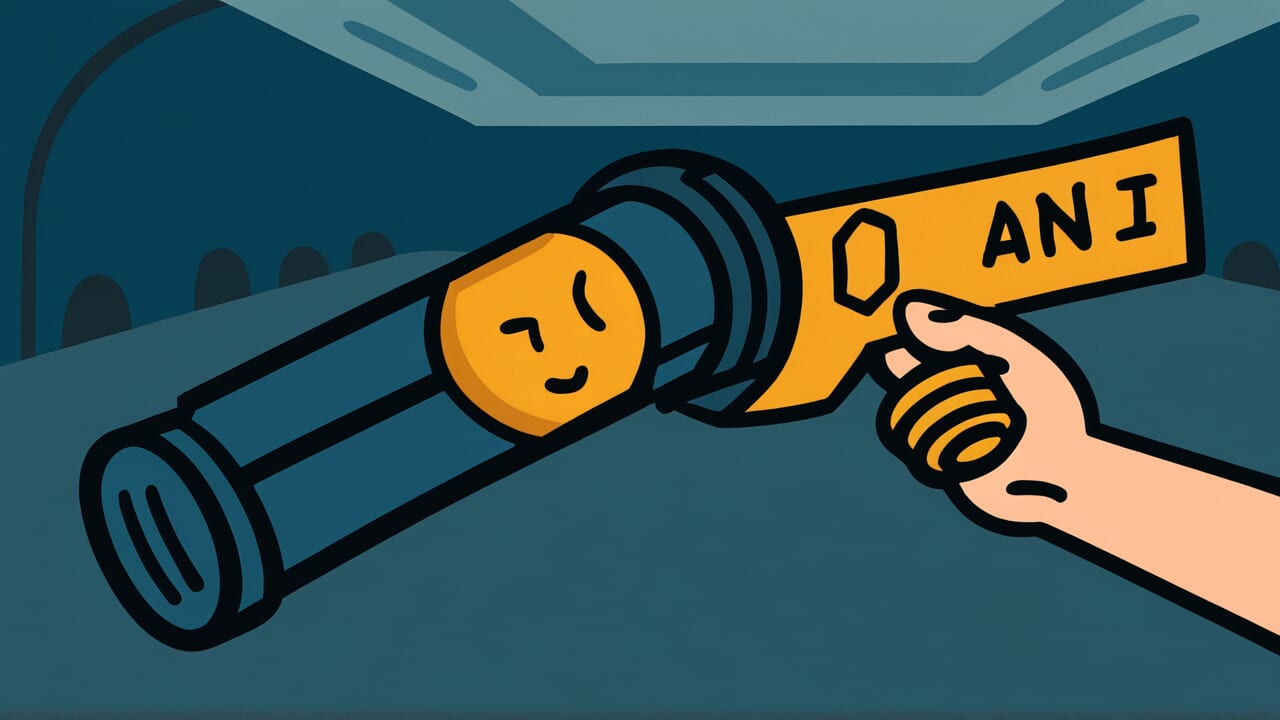How to Read “Lend iron tools even to your enemy’s descendants”
Kanamono wa teki no sue ni mo kase
Meaning of “Lend iron tools even to your enemy’s descendants”
This proverb warns that you should not lend dangerous tools like blades or iron implements, even to someone you have a hostile relationship with.
This saying is used in situations where caution is needed in human relationships. It serves as advice to someone who is about to give something dangerous or important to a person they don’t have a good relationship with.
The reason this expression works is because it seems contradictory at first. Normally, “don’t lend to enemies” would be enough. But by using the strong phrase “even to your enemy’s descendants,” it emphasizes the meaning of “no matter who the person is.”
In other words, it teaches that you should be careful about lending dangerous tools, not just to enemies, but even to friends and acquaintances.
In modern times, “iron tools” can include not just physical blades, but also information or authority that could be misused.
Origin and Etymology
There are no clear written records about the origin of this proverb. However, we can make interesting observations from how the words are structured.
“Iron tools” refers to blades and iron implements in general. In ancient Japan, iron products like swords, knives, and farming tools were precious and practical. Blades especially could become dangerous weapons that take lives, depending on how they’re used.
The expression “enemy’s descendants” is particularly interesting. “Sue” means “end” or “last.” “Teki no sue ni mo” is understood to mean “even if they are your enemy.” It’s a strong way of saying “no matter how bad the relationship has become.”
This proverb likely emerged from the complexity of human relationships in Japanese village society. In small communities where you had to keep seeing people even after relationships soured, lending dangerous tools required special caution.
Even without ill intent, accidents could lead to responsibility issues. With ill intent, the tool could be used as a weapon.
This practical life wisdom crystallized into these simple words.
Usage Examples
- My relationship with that person is bad, and they say “Lend iron tools even to your enemy’s descendants,” so I’ll avoid lending my tools
- You know the old saying “Lend iron tools even to your enemy’s descendants,” right? It’s better not to give important things to someone who might cause trouble
Universal Wisdom
Behind this proverb lies a deep insight into human relationships. It recognizes the truth that “trust is unstable and changes with time and circumstances.”
Today’s friend can become tomorrow’s enemy. Relationships can deteriorate over small misunderstandings. Human emotions are complex and unpredictable. That’s why our ancestors paid special attention to “giving away dangerous things.”
What’s interesting is that this proverb doesn’t just preach caution. Rather, it faces the reality that human relationships always carry risk. It shows wisdom about how to manage that risk.
It recognizes the cold truth that no one is completely trustworthy. Yet it teaches how to balance this with the reality that we must still interact with people.
This proverb also emphasizes the importance of “prevention.” Don’t regret after problems occur. Take action before they happen. This is basic wisdom for surviving in human society.
The simple act of not lending dangerous tools prevents major future troubles. Small acts of caution lead to great safety.
When AI Hears This
The act of lending iron tools even to enemies perfectly matches the most successful strategy in game theory experiments. In the 1980s, political scientist Robert Axelrod held a computer tournament for the “Prisoner’s Dilemma.” The simplest strategy won. It was called “Tit for Tat.”
The rules of this strategy are surprisingly simple. Always cooperate first. Then, just copy what your opponent did last time.
Why is this strong? Mathematical analysis reveals three characteristics. First is “generosity” – never betray first. Second is “retaliation” – always strike back when betrayed. Third and most important is “forgiveness” – immediately forgive when the opponent returns to cooperation.
Lending iron tools to enemies is exactly this initial offer of cooperation. If they don’t return it, never lend again. But if they do return it, leave room to lend again. This flexibility generates long-term benefits.
Actual experimental data shows that “always betray” strategies score high in the short term. But after 100 repetitions, cooperative strategies win by a large margin. In other words, betrayal pays if the relationship is one-time only. But in continuing relationships, keeping the door open to cooperation is mathematically the correct choice.
This proverb is evidence that humans intuited the optimal solution through experience, centuries before computers could prove it.
Lessons for Today
This proverb teaches modern people an important truth: “Caution is not coldness.”
We sometimes confuse being careful with distrust or coldness. But drawing appropriate boundaries protects both yourself and others. The decision not to casually hand over dangerous things protects both parties from future troubles.
In modern society, we’re surrounded by things that could be misused beyond physical blades. Personal information, passwords, credit cards, important documents. Deciding who to share these with and how much has become more important than ever.
Pay special attention to how the proverb says not just “enemies” but “enemy’s descendants.” This means be cautious even with people you’re not in complete conflict with, but whose relationship is ambiguous. Gray-zone relationships may require the most caution.
Protecting your important things means protecting yourself. With appropriate caution, you can interact with people with greater peace of mind.



Comments